EDITORIAL
Published on 18 Jul 2024
Editorial: Clinical management of Helicobacter pylori infections
doi 10.3389/fmed.2024.1458830
- 673 views
3,078
Total downloads
15k
Total views and downloads
Select the journal/section where you want your idea to be submitted:
EDITORIAL
Published on 18 Jul 2024
ORIGINAL RESEARCH
Published on 03 Jun 2024
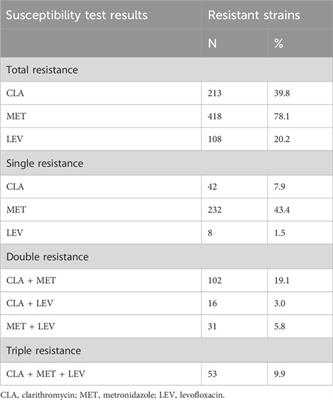
SYSTEMATIC REVIEW
Published on 17 Apr 2024
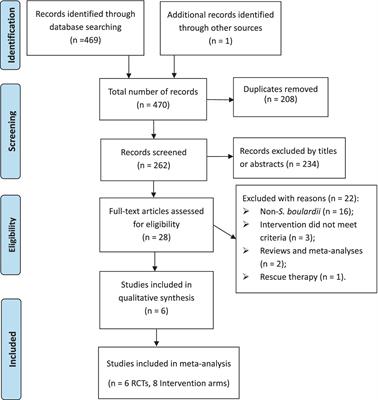
SYSTEMATIC REVIEW
Published on 08 Dec 2023
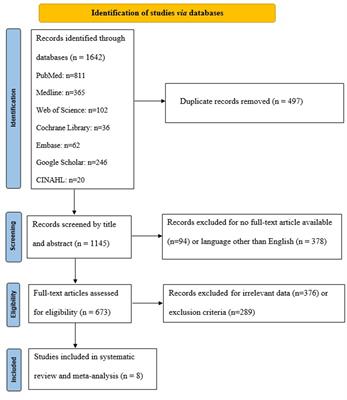
ORIGINAL RESEARCH
Published on 01 Sep 2023
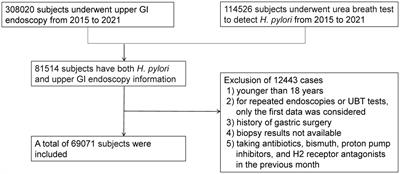
CASE REPORT
Published on 01 Sep 2023
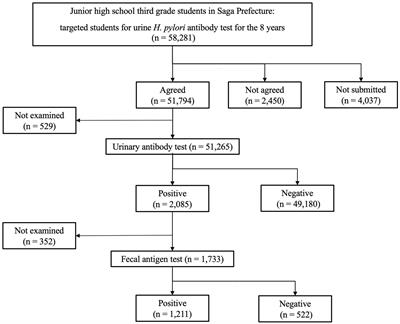
ORIGINAL RESEARCH
Published on 22 Mar 2023
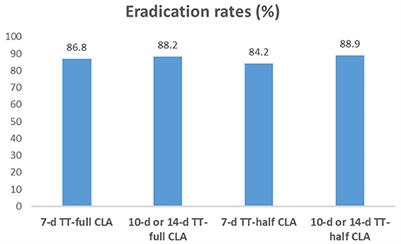

Frontiers in Pediatrics
Frontiers in Pharmacology